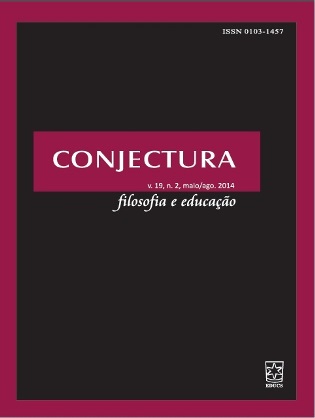The functions of language and the understanding of mental disorders
Abstract
<!-- /* Style Definitions */ p.MsoNormal, li.MsoNormal, div.MsoNormal {mso-style-parent:""; margin:0cm; margin-bottom:.0001pt; mso-pagination:widow-orphan; font-size:12.0pt; font-family:"Times New Roman"; mso-fareast-font-family:"Times New Roman"; mso-bidi-font-family:"Times New Roman";} @page Section1 {size:612.0pt 792.0pt; margin:70.85pt 2.0cm 2.0cm 2.0cm; mso-header-margin:36.0pt; mso-footer-margin:36.0pt; mso-paper-source:0;} div.Section1 {page:Section1;} --> Indeed, linguistic schizophrenic characteristics seem very different from those related to paranoiac language. Numerous studies on schizophrenic language documents describe an expressive and cognitive universe that is away from the sense and meaning of paranoiac madness. Language, then, becomes the mirror of psychotic experience and interpretation of objective, subjective and intersubjective reality. In this paper, considering characteristics of schizophrenic glossolalia (schizophrenic language use) and considering paranoiac need to rhetorical language (inherently argumentative and persuasive), we’ll try to bring out some differences (cognitive, linguistic, psychopathological, ontological) between psychosis schizophrenic and paranoiac ones.Pubblicato
2014-03-20
Come citare
Bucca, A. (2014). The functions of language and the understanding of mental disorders. CONJECTURA: Filosofia E Educação, 19(2), 13–26. Recuperato da https://sou.ucs.br/etc/revistas/index.php/conjectura/article/view/2505
Fascicolo
Sezione
FILOSOFIA - Artigos
Licenza
1. A publicação dos originais implicará a cessão dos direitos autorais à revista Conjectura.
2. Os textos não poderão ser reproduzidos sem autorização da revista depois de aceitos.

Este trabalho está licenciado com uma Licença Creative Commons - Atribuição 4.0 Internacional.









